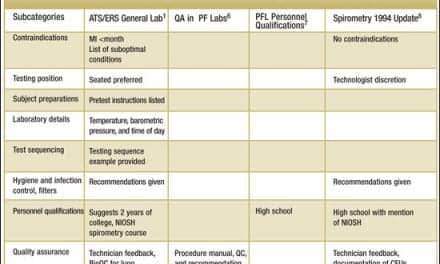New evidence, published in Anesthesiology, showed that INVOS System cerebral regional oxygen saturation (rSO2) values, which reflect brain oxygenation, measured prior to cardiac surgery, were independent predictors of 30-day and 1-year morbidity and mortality. This is the first adult study to link decreased preoperative cerebral rSO2 with postoperative morbidity and mortality.
The study assessed cerebral rSO2 readings from the INVOS System in 1,178 adult patients about to undergo on-pump cardiac surgery. The analysis showed that baseline cerebral rSO2 values ≤50% were independent predictors of 30-day and one-year morbidity and mortality.
The study also showed a statistically significant correlation between cerebral rSO2 values and traditional measures of cardiopulmonary function such as left ventricular ejection fraction, pro-B natriuretic peptide, and kidney filtration rate, among others.
“Consistent with these new findings, earlier studies showed that rSO2 reflects not only cerebral oxygenation but also a patient’s overall cardiopulmonary function and systemic oxygen needs,” added John M. Murkin, MD of the Schulich School of Medicine at the University of Western Ontario, whose earlier INVOS System trial showed a connection between adequate rSO2 and improved patient outcomes. “If noncardiac researchers confirm similar benefits of cerebral rSO2 monitoring, then it could be employed as a simple, sensitive and noninvasive way to enhance the preoperative risk assessment of noncardiac patients as well.”









